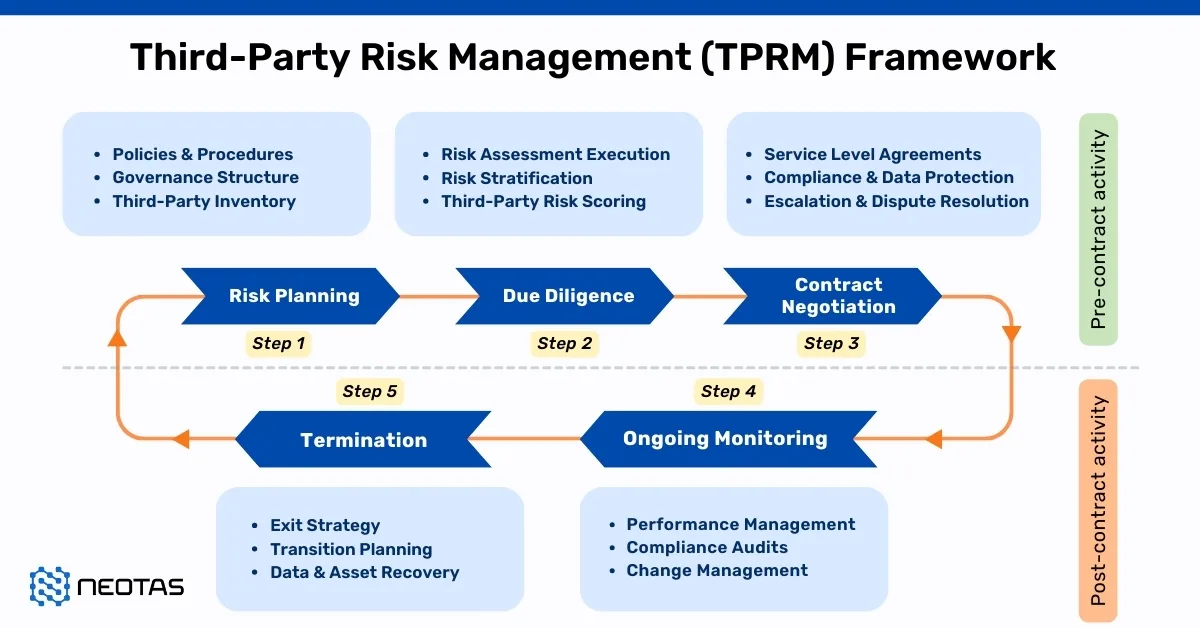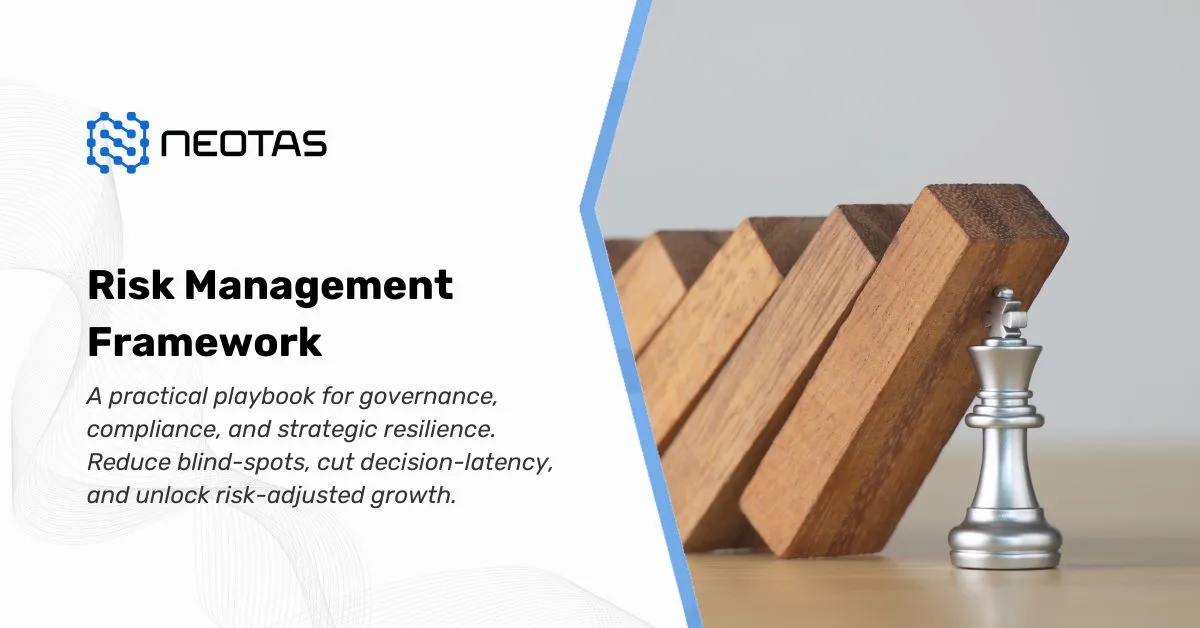In 2009, while in the process of applying to University in the United States, a rumour began to circulate that universities were likely to review the Facebook pages of applicants for any disqualifying content. At the time, Facebook was still an up and coming social media platform rather than the pervasive giant it is today but nevertheless I had an account and I started to worry. Having grown up in Europe, where the legal drinking age was lower than twenty-one, some of my content immediately fell into the ‘disqualifying’ category. In a panic, I rushed to remove any photograph, post or connection between myself and alcohol. Moreover, ever since that first rumour, I have regularly monitored content relating to myself through search engines and have regulated privacy settings on social media to manage my online footprint for jobs, university, and my own personal safety.
Fast forward a few years to when I joined Neotas in 2017. I felt confident that I had been actively sanitising my online footprint for years and everything was good. In an instance, however, I was amazed, not only by just how much information could be found about me with the right training and tools, but also how relevant every part of one’s online footprint could be. With every exercise or fitness application comes the ability to live track your activity and location. With every geolocated holiday snap, you are telling the world that your home is most likely left empty. From fraud to kidnapping, from robbery to stalking, the applications are only limited by one’s imagination.
As I have progressed as a Junior Analyst at Neotas, I have uncovered everything from hateful posts plastered across Twitter and Facebook and evidence of drug use, but also people using aliases to avoid bullying. To think that I was worried about a few photographs from a graduation party seems so insignificant with the material I have uncovered. I have seen how finding even the smallest element of risk or concern about a person, from either professional or a personal point of view, can tell you more about a person than any background check or interview. More importantly, the truth of the matter is that this is only going to increase as more and more information about us is digitised. Google’s recent announcement for its Google Lens app, for example, will allow the user to turn their camera into a search box, where anything it is pointed at is searched using artificial intelligence. A future where facial recognition on a phone camera brings up their social media profiles or any other online content with a picture of them is no longer science fiction but something that is possible and is on our horizon. While this may seem a frightening future, the reality is that most of this information is already available, if one simply knows where and how to look for it.
What may or may not have been a rumour back in 2009 is a definite reality in 2017, and not just for university applications, but for any prospective relationship, both personal and professional. With insider threats posing the single most dangerous issue in today’s professional world, the standard background or credit checks are simply missing the critical information. With people putting so much of their lives up online, at Neotas we are able to go beyond the standard investigation to obtain a profile of the subject rather than completing a tick in the checklist.
Moreover, content is contextualised to formulate a complete profile of the individual so the rather innocent photographs of me with an alcoholic drink all those years ago would not be an issue today with Neotas’ analyst driven platform.



 New Whitepaper and Checklist
New Whitepaper and Checklist
























